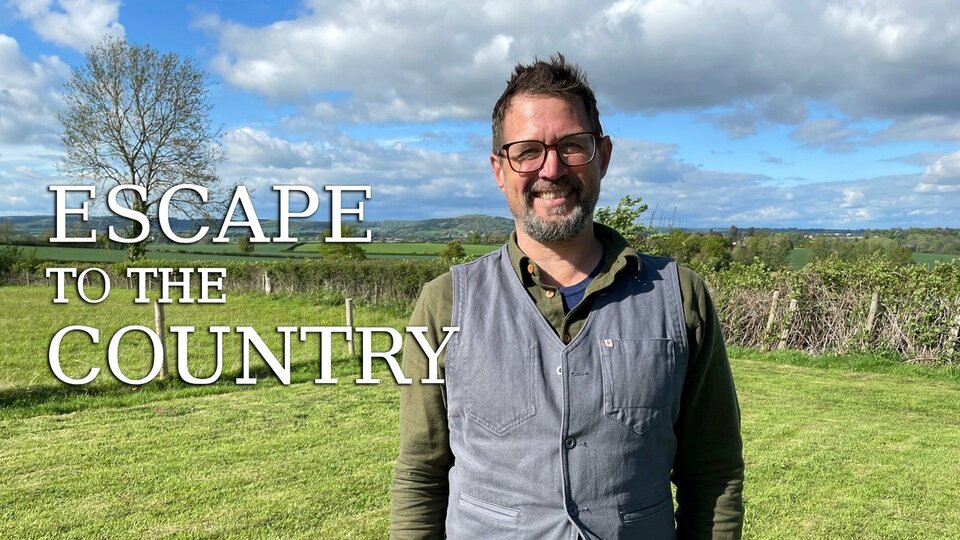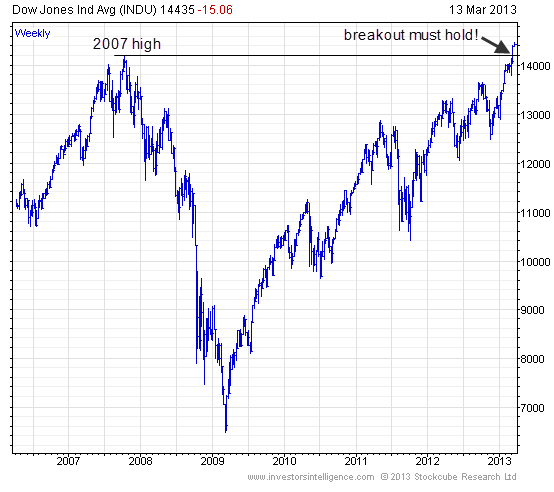Your Escape To The Country: Choosing The Right Rural Property

Table of Contents
Location, Location, Location: Assessing Rural Property Locations
The location of your rural property is paramount. It dictates your lifestyle, commute, and overall quality of life. Careful consideration of various factors is crucial before making a decision.
Proximity to Amenities
Commute times to essential services significantly impact your daily life. Consider:
- Ideal driving distance: How far are you willing to travel for groceries, healthcare, and schooling? A seemingly short distance can feel much longer on rural roads.
- Lifestyle impact: Longer commutes can limit spontaneity and increase stress. Weigh the trade-off between seclusion and convenience.
- Potential for isolation: Remote locations offer ultimate peace but can also lead to feelings of isolation, particularly during emergencies.
Community and Neighbors
Rural communities offer unique characteristics. Research the area thoroughly:
- Active community involvement: Are there local events, volunteer opportunities, and a strong sense of community? This can significantly impact your social integration.
- Potential for social isolation: While some thrive in solitude, others may find rural life isolating without a close-knit community.
- Local events and activities: Are there farmers' markets, festivals, or other activities that align with your interests?
Scenery and Views
The beauty of the surrounding landscape is a major draw for many seeking rural properties. Consider:
- Types of landscapes: Do you prefer mountain views, sprawling forests, or coastal scenery? The landscape significantly impacts your daily experience.
- Impact on mental well-being: Studies show that natural beauty enhances mental well-being. Choose a location that offers the scenery you find restorative.
- Long-term aesthetic appeal: Will the views remain appealing over time? Consider potential development or environmental changes.
Property Features and Considerations for Rural Living
Beyond location, the property itself requires careful evaluation. Several key features should be on your checklist.
Property Size and Land
The amount of land you need depends on your plans:
- Acreage needed: How much space do you require for a house, garden, animals, or other activities?
- Potential for gardening, farming, or other activities: Assess the suitability of the land for your desired pursuits.
- Zoning regulations: Check local regulations regarding land use, building restrictions, and potential future developments.
House Condition and Features
Thoroughly inspect the existing house:
- Age and condition of the house: Determine the extent of necessary repairs or renovations.
- Necessary repairs or renovations: Factor in the cost and time commitment of any needed improvements.
- Energy efficiency: Assess the house's energy efficiency to minimize utility bills.
Utilities and Infrastructure
Reliable utilities are essential:
- Well water vs. municipal water: Understand the maintenance and cost implications of each.
- Septic systems vs. sewer: Septic systems require regular maintenance and can be costly to repair.
- Internet access speeds: Reliable high-speed internet is increasingly important, even in rural areas.
Financial Aspects of Buying a Rural Property
Purchasing rural property involves significant financial considerations.
Property Prices and Market Trends
Research thoroughly:
- Average price per acre: Understand the price range in your desired area.
- Factors influencing prices: Location, property size, condition, and amenities all affect price.
- Potential for appreciation: Consider the long-term investment potential of the property.
Financing Options
Explore your options:
- Conventional mortgages: These are standard mortgages, but securing one for rural properties might require a larger down payment.
- Rural development loans: These loans often offer favorable terms for rural property purchases.
- Down payment requirements: Rural properties often require larger down payments.
Hidden Costs and Maintenance
Budget for unexpected expenses:
- Property taxes: These can vary significantly by location.
- Insurance: Insurance costs for rural properties can be higher due to factors like distance from fire stations.
- Repairs and upkeep: Older rural properties often require more maintenance.
- Potential for large-scale repairs: Factor in the possibility of unexpected and expensive repairs.
Legal and Regulatory Considerations When Buying Rural Land
Legal due diligence is critical.
Property Surveys and Title Searches
Protect yourself:
- Boundary disputes: A survey clarifies property boundaries to prevent disputes with neighbors.
- Easements: Understand any existing easements that grant others rights to use your property.
- Liens: A title search identifies any liens or claims against the property.
Zoning Regulations and Building Permits
Understand local laws:
- Building restrictions: Check for restrictions on building size, style, and materials.
- Permitted uses: Confirm that your intended use of the property is permitted.
- Environmental regulations: Be aware of any environmental regulations that apply to your property.
Working with Real Estate Agents Specialized in Rural Properties
Consider the expertise of a local agent:
- Local market knowledge: A local agent understands the nuances of the rural property market.
- Negotiation skills: An experienced agent can navigate the complexities of rural property transactions.
- Understanding of rural property specifics: They understand issues unique to rural properties, such as well water and septic systems.
Conclusion
Finding the perfect rural property is a rewarding journey, but it requires careful planning and research. By thoroughly evaluating location, property features, financial aspects, and legal considerations, you can increase your chances of finding your ideal country escape. Remember to carefully weigh the pros and cons of each property, and don't hesitate to seek professional advice from real estate agents specializing in rural properties and legal professionals. Start your search for your perfect rural property today, and embrace the tranquility and freedom of rural living! Find your perfect rural property, your country escape awaits! Begin your rural property search now!

Featured Posts
-
 Jymypaukku Muhii Tuukka Taponen F1 Autossa Jo Taenae Vuonna
May 24, 2025
Jymypaukku Muhii Tuukka Taponen F1 Autossa Jo Taenae Vuonna
May 24, 2025 -
 Porsche 956 Nin Tavan Asili Sergilenmesinin Teknik Sebepleri
May 24, 2025
Porsche 956 Nin Tavan Asili Sergilenmesinin Teknik Sebepleri
May 24, 2025 -
 France Revisits The Dreyfus Affair Lawmakers Seek Promotion
May 24, 2025
France Revisits The Dreyfus Affair Lawmakers Seek Promotion
May 24, 2025 -
 Amundi Dow Jones Industrial Average Ucits Etf Factors Affecting Net Asset Value Nav
May 24, 2025
Amundi Dow Jones Industrial Average Ucits Etf Factors Affecting Net Asset Value Nav
May 24, 2025 -
 Konchita Vurst Prognoz Peremozhtsiv Yevrobachennya 2025 Vid Unian
May 24, 2025
Konchita Vurst Prognoz Peremozhtsiv Yevrobachennya 2025 Vid Unian
May 24, 2025
Latest Posts
-
 Aex Stijgt Na Trump Uitstel Analyse Van De Marktreactie
May 24, 2025
Aex Stijgt Na Trump Uitstel Analyse Van De Marktreactie
May 24, 2025 -
 Beurzenherstel Na Trump Uitstel Aex Fondsen Boeken Winsten
May 24, 2025
Beurzenherstel Na Trump Uitstel Aex Fondsen Boeken Winsten
May 24, 2025 -
 Shareholders Approve All Resolutions At Imcd N V Annual General Meeting
May 24, 2025
Shareholders Approve All Resolutions At Imcd N V Annual General Meeting
May 24, 2025 -
 Le Borse Crollano A Causa Dei Dazi La Dura Risposta Dell Ue
May 24, 2025
Le Borse Crollano A Causa Dei Dazi La Dura Risposta Dell Ue
May 24, 2025 -
 Dazi E Mercati La Caduta Delle Borse E Le Reazioni Dell Unione Europea
May 24, 2025
Dazi E Mercati La Caduta Delle Borse E Le Reazioni Dell Unione Europea
May 24, 2025
